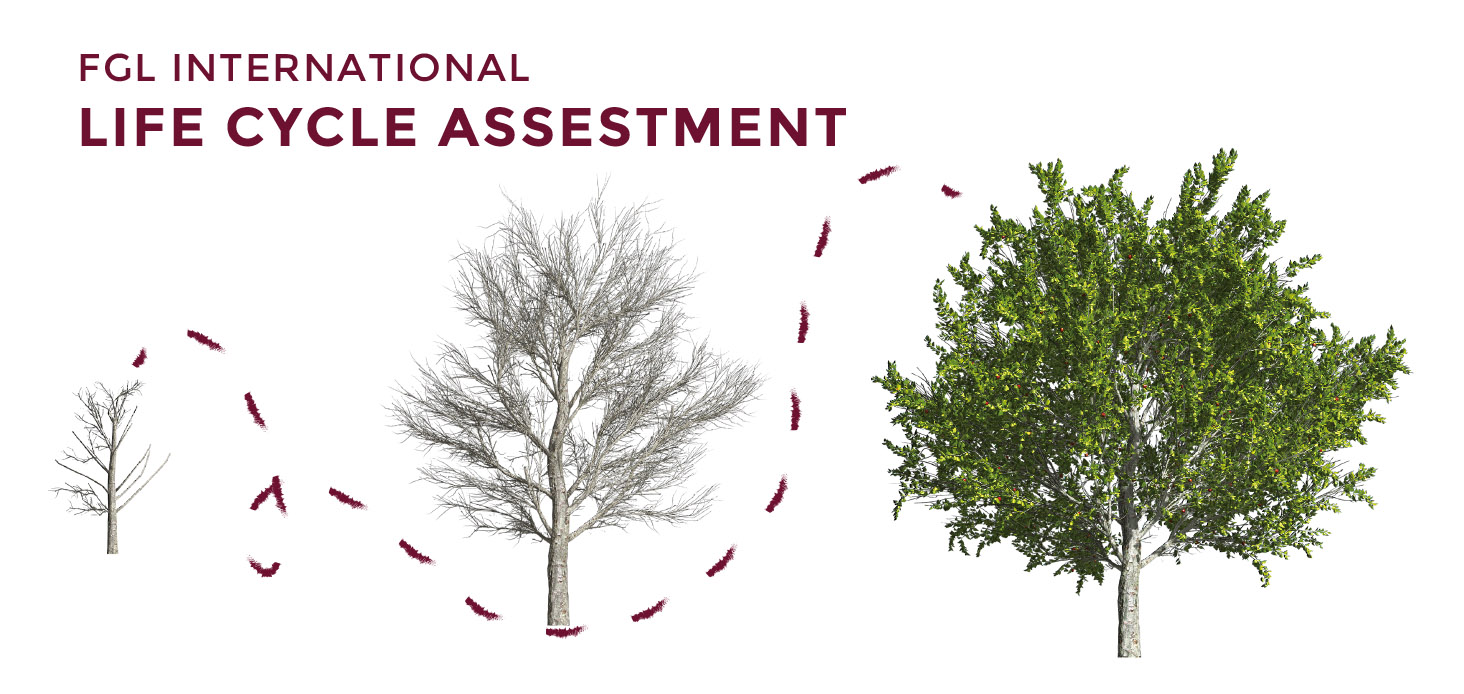
FGL International Continues its LCA Journey
At FGL International, we believe that understanding the full environmental impact of our products is the key to building a sustainable future. That’s why, following our pilot project in 2023, we are continuing our Life Cycle Assessment (LCA) journey. This initiative is about more than just data—it's about using insights to create real change by reducing the environmental footprint of our products.
In January 2024, we presented the results of our environmental footprint analysis for leather auxiliaries, developed through participation in the “MADE GREEN IN ITALY” program, an initiative by the Ministry of Environment and Energy Security (MASE). This project focused on the LCA of chemical auxiliaries used in the "wet" phases of leather processing, involving FGL International and 8 other UNPAC’s companies. By sharing our data, we helped reinforce the message of transparency and reliability within the sector, showing that measurement leads to trust.
But we’re not stopping there. We’re doubling down on our commitment to sustainability by applying LCA to our entire product range. Our goal is to continue pushing the boundaries of environmental responsibility, identifying critical areas—hotspots—in our product life cycle where we can make the greatest impact.
By using precise, primary data directly from our production site, we aim for accuracy and relevance in our analysis. This data will help us prioritize actions and interventions to significantly reduce our overall environmental impact.
Our LCA Journey Adds Value to Tanneries
Our LCA analysis doesn’t just benefit us—it benefits the entire leather value chain, particularly tanneries. The chemicals used in tanning processes account for 30-50% of the total tanneries environmental impact. That’s why the results of our analyses, powered by primary data, will feed into the LCA Simulator—a tool designed to facilitate simulation analyses.
The LCA Simulator allows for experimentation and optimization of tanning, retanning, and beamhouse processes. By adjusting parameters like operations, dosages, and chemicals, it supports the creation of scenarios that allow for sustainable innovation.
At FGL International, our purpose is clear: to lead by example, leveraging LCA not just to improve our own processes but to empower our partners in the leather industry to make more informed, environmentally sound decisions. Because we believe that true sustainability is a collective effort.


